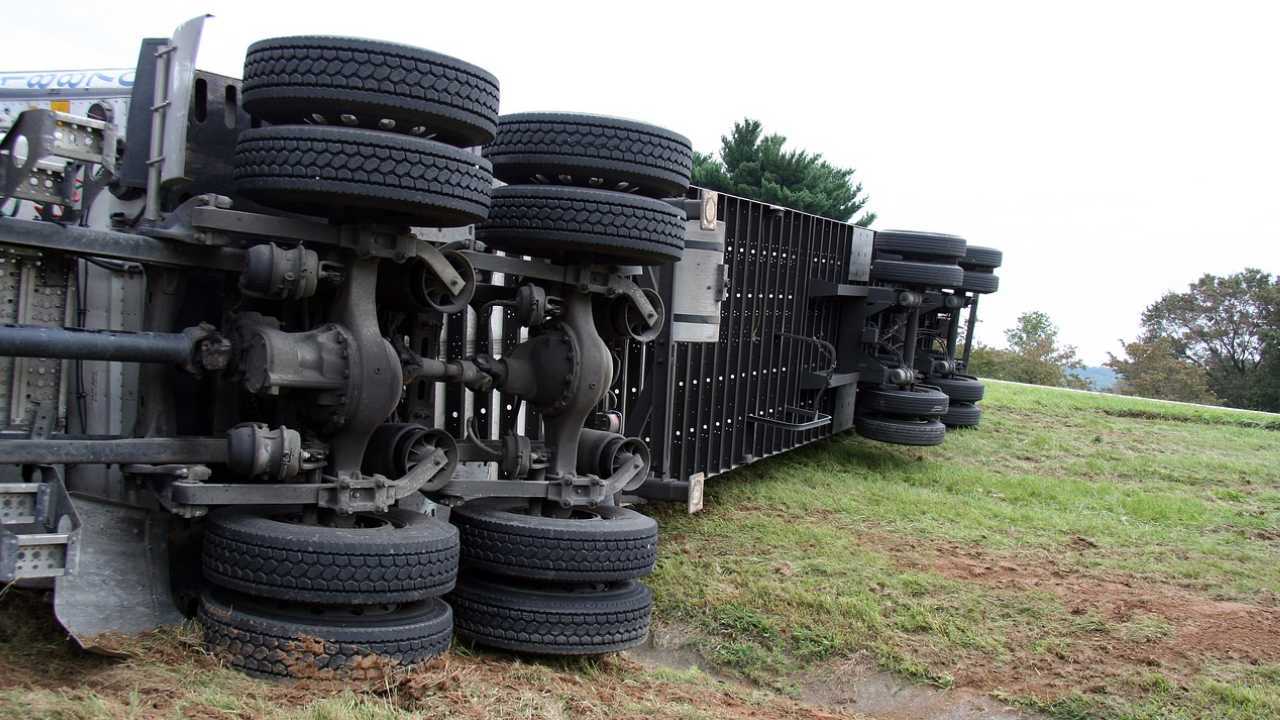

Sponsored Ads

Sponsored Ads

New Mexico, located in the southwestern United States, has vast landscapes and busy highways. Bordered by Colorado, Arizona, Utah, Texas, Oklahoma, and the Mexican states of Chihuahua and Sonora, it serves as a critical transportation Hub for commercial trucks. With so many 18-wheelers on the road, accidents involving these massive vehicles are unfortunately common. Witness testimony often becomes a cornerstone of legal proceedings when such incidents occur, helping to establish fault and ensure justice for victims.
The Complexity of 18-Wheeler Accidents
Given their size and weight, 18-wheeler accidents are inherently complicated and can cause catastrophic damage. Determining guilt is often tricky because several parties, including the truck driver, transportation firm, and even manufacturers, may be too responsible. Unlike passenger vehicle collisions, these lawsuits frequently entail federal regulations, computerized logging devices, and extensive maintenance records. Witness testimony can cut through this complexity by providing a human perspective on what happened.
Witnesses Provide a Clearer Picture
Physical evidence, such as skid tracks or vehicle damage, only reveals part of the picture after an accident. Witnesses, however, can offer crucial details about the events leading up to the crash, driver behavior, and road conditions. A bystander might have observed the truck driver swerving or using a phone, which could suggest negligence. An 18-wheeler accident lawyer in New Mexico knows these witness accounts can either support or contradict other evidence, making them vital for building a strong case in court.
Credibility and Corroboration
In legal terms, witness testimony gains credibility when it aligns with other evidence, such as police reports or dashcam footage. Judges and juries trust firsthand accounts, especially when multiple witnesses describe similar events. This consistency can strengthen a victim's case, particularly when trucking companies or insurers attempt to shift blame. For instance, if several witnesses confirm that the truck driver ran a red light, it becomes much more challenging for the defense to argue otherwise.
Overcoming Bias and Challenges
While witness testimony is powerful, it's not without its challenges. Human memory can be fallible, and biases may unintentionally influence recollections. Trucking companies often have legal teams ready to discredit witnesses. To counter this, attorneys must carefully prepare witnesses, ensuring their accounts are clear, consistent, and backed by evidence. Cross-examination can be intense, but a well-prepared witness can withstand scrutiny and bolster the case.
The Role of Expert Witnesses
In some 18-wheeler accident cases, expert witnesses may also be called upon. These individuals, such as accident reconstruction specialists or medical professionals, provide technical insights that lay witnesses cannot. An expert might explain how a truck's braking system failed or how the accident caused specific injuries. Their testimony can complement that of eyewitnesses, creating a comprehensive narrative for the court.
Conclusion
Witness testimony plays a pivotal role in 18-wheeler accident cases in New Mexico. It helps clarify complex situations, provides credibility, and ensures victims have a voice in the legal process. While challenges like memory lapses or bias can arise, a well-prepared witness can make all the difference in securing a fair outcome. In a state where commercial trucking is a lifeline for the economy, holding negligent parties accountable is essential for keeping roads safe for everyone.
Sponsored Ads

Sponsored Ads

